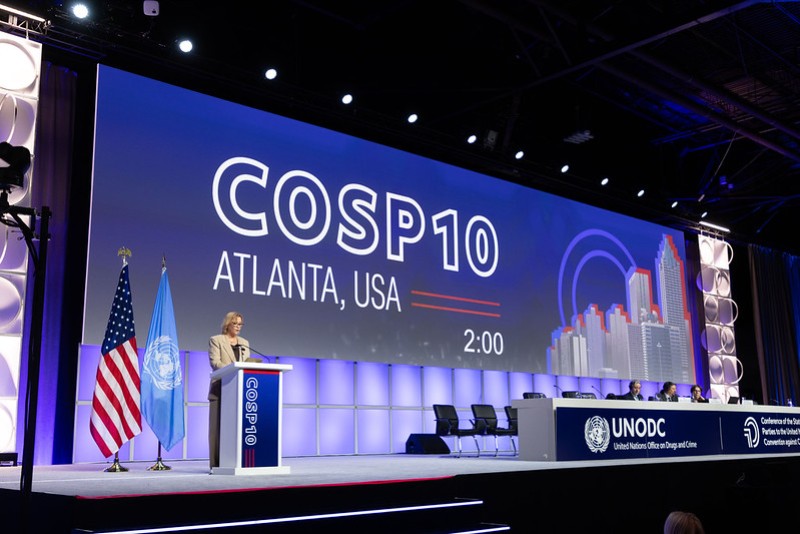Ahead of the meeting, the United Nations cautioned that bribery annually costs the world economy one trillion U.S. dollars, while corruption, in general, amounts to over $2.6 trillion, equivalent to more than 5% of the global GDP.
The 10th Conference of the States Parties (CoSP10) to the United Nations Convention against Corruption (UNCAC) will take place from Dec. 11 to 15. It is expected to address a spectrum of issues, including environmental crime, bribery, criminalization, asset recovery, data accessibility, corporate transparency, technical assistance, information exchange, preventive measures, and international cooperation.
Highlighting the crucial role of the U.S. in combating corruption, Ian Gary, the Executive Director of the Financial Accountability and Corporate Transparency (FACT) Coalition, stressed that "investigations such as the Pandora Papers have shown the U.S. is a favorite destination for kleptocrats and criminals to hide their dirty money."
The UNCAC will also focus on environmental crime and on enhancing protection for civil society activists, journalists, whistleblowers, and other non-state actors involved in the fight against corruption, who are often facing threats.
Reforms like the "Enablers Act" and "Foreign Extortion Prevention Act" are expected to be pushed during the conference. According to Gary Kalman from Transparency International U.S., the Enablers Act targets individuals facilitating money laundering, including real estate agents, investment advisors, lawyers, accountants, and banks, holding them accountable for their actions and transactions.
Kalman highlighted a concerning example, citing Iran's attempts to evade U.S. economic sanctions by acquiring property in New York on 5th Avenue, emphasizing that loopholes in the anti-corruption system must be addressed.
While the reforms such as the “Enablers Act” should impose stricter rules not just for American banks, but also for other actors engaging in financial services and management to ensure the money they manage is not dirty and close a loophole in the anti-corruption system, the proposed Foreign Extortion Prevention Act aims to prevent Americans from being coerced into paying bribes to corrupt foreign officials. The act seeks to make it illegal for foreign officials to demand bribes from Americans working abroad, according to a Transparency International U.S. report.



